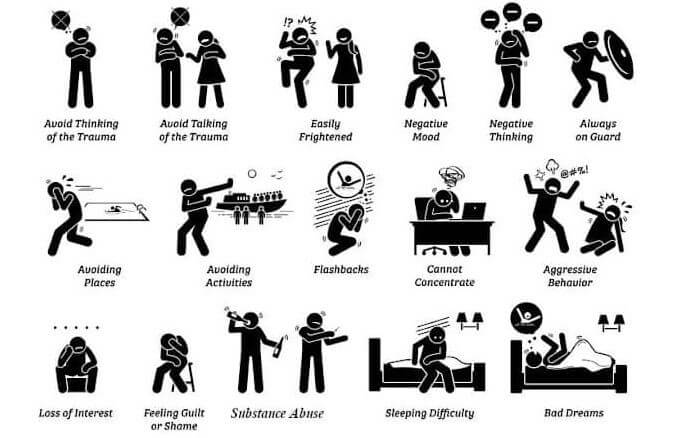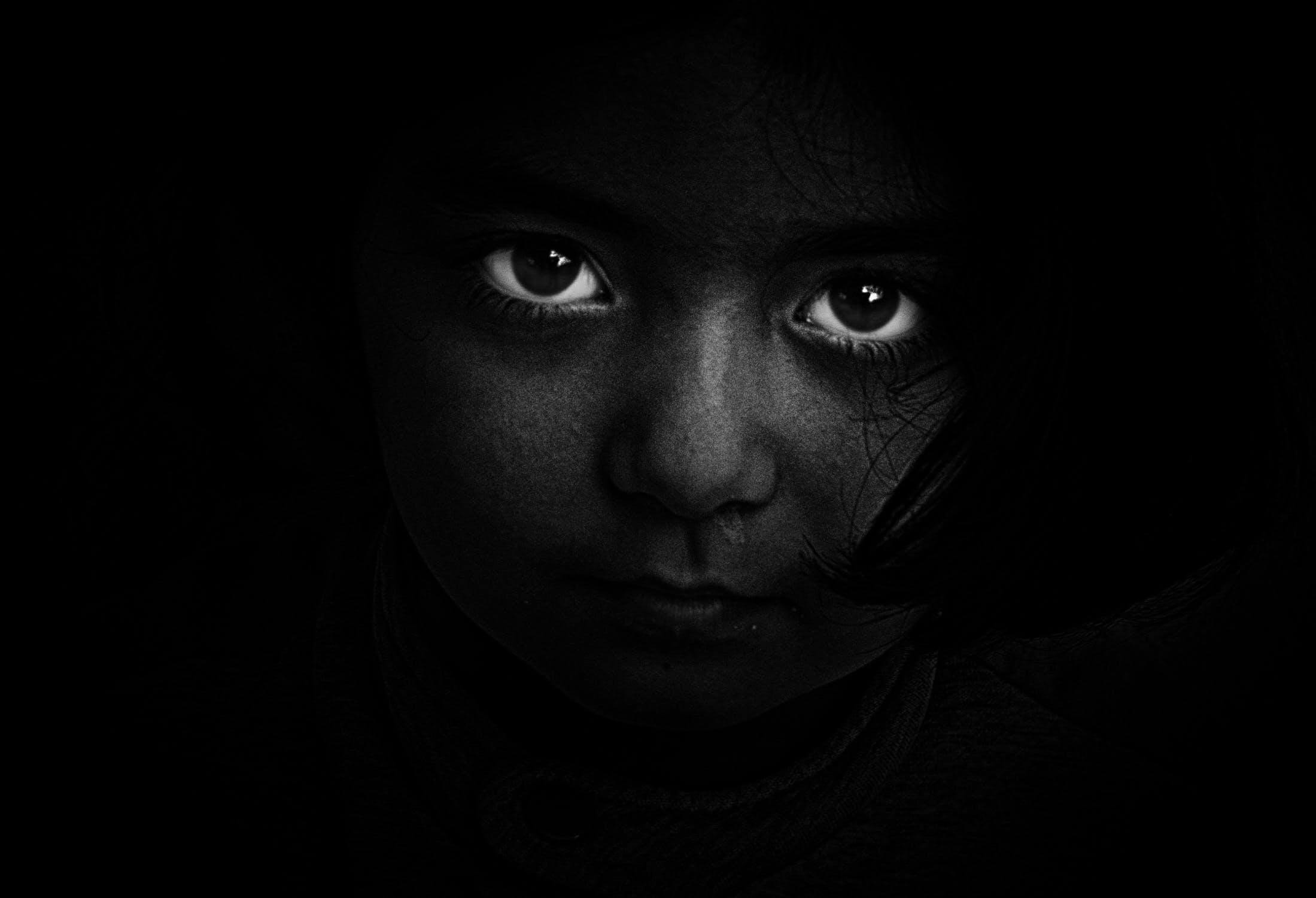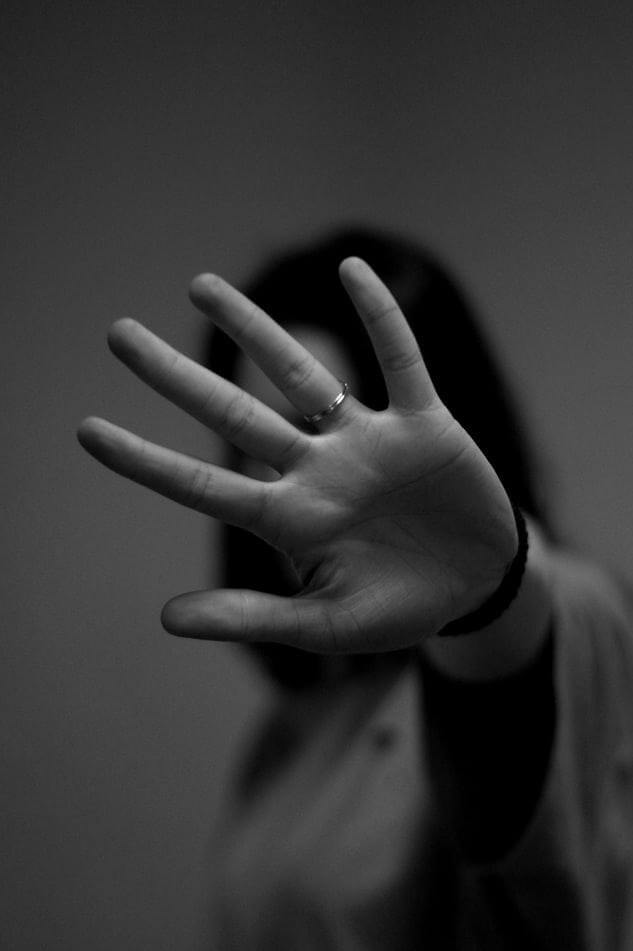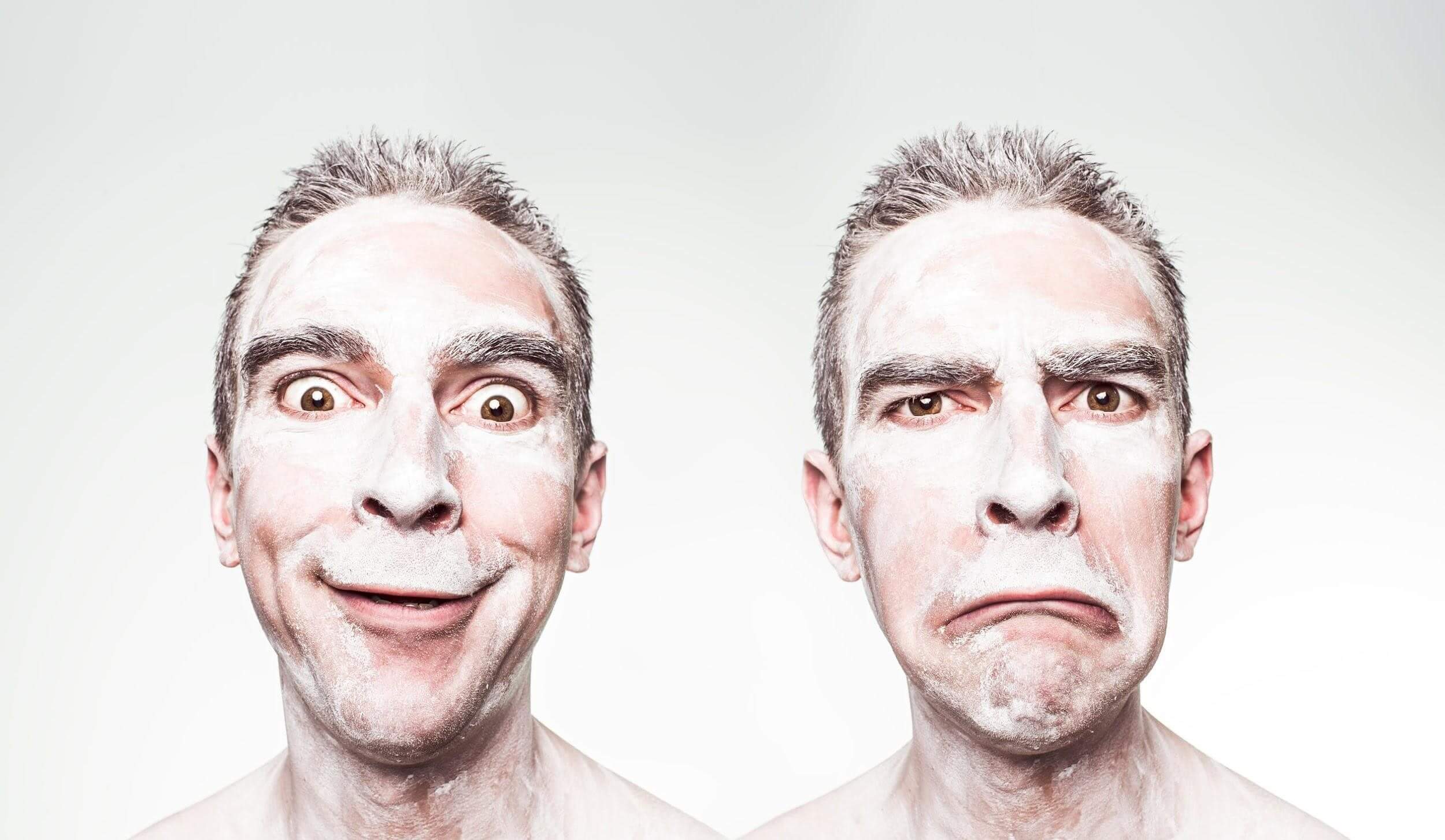Signs and Symptoms of PTSD You Must Look For!

Post-Traumatic Stress Disorder, also known as PTSD is a psychiatric condition that falls under the category of mental health. It is said to be caused by experiencing tragic events or happenings. If you have PTSD then you may experience its heightened levels of anxiety, nightmares, frightening memories of the event. In a way, they live the horrifying experience again in their brain because of the impact it created in the past.

What Are Signs And Symptoms of PTSD:
Victims of accidents, war veterans, sexual harassment, extreme bullying, people who have experienced serious trauma due to events in their lives may encounter this condition. Patients also find difficulty in adjusting to the real world. Around 7 to 8 percent of the population suffers from PTSD once in their lifetime.
Though treatable, people can still face the symptoms of PTSD or suffer from memories even after a long time of the event. Lots of love and care are needed with the treatment. So if you or anyone you know suffers from PTSD, then how would you know? Below are the 3 common signs that a patient suffering from Post-Traumatic Disorder may project. Have a look:
1. Flashbacks:

Flashbacks are real and far more horrifying than shown in movies. Flashbacks, memories or even simple thoughts of the past event that may have haunted you for some time can be symptoms of PTSD. Frequent flashbacks are a sign of severity and how that has taken place on your mind. Any traumatic memory from which you run away and get scared from continuously would be an indirect message from your brain asking you to seek help.
2. Avoidance:

People who usually suffer from PTSD symptoms are more inclined towards avoiding talking about it altogether. They usually wake up from sleep, all sweaty and panting shocked but when asked don’t like to talk or walk away from it. Though the need for discussion is quite high sometimes it’s better to just give space to the person as they may feel like talking about it once they have recovered from the shock. You can just wait for them to relax. Talking about it when the person has regained his composure would be a better idea rather than talk right then.
3. Mood Swings:

The shock doesn’t always hit in the form of a dream or flashback. It can also hit you or anyone you know as a sudden change in mood or behavior which may even seem entirely unrelated to the tragedy. The change is usually negative, and people feel numb, unable to move and act as they would have normally.
They feel powerless in the situation. A particular event may trigger it or a particular person too. It may be related to past tragedies hindering subconsciousness with but still haven’t been proved. Some people hurt themselves physically in order to get out of the trauma. They try to use pain as a catalyst for an escape route. There have been cases of attempted suicides as the patient didn’t have any means to let out or no one to take care of.
The intensity of PTSD symptoms may vary from person to person and also from time to time for a single person. They can even be more powerful if the person is stressed out or aggressive. The situation can worsen just like a wound if left untreated. If you continue to experience or know someone who does, approach the therapist to seek help. Personal affection and care are needed and a necessity, but professional advice should be sought.

Sometimes we need to go extra steps in order to understand what it feels like to stand in other’s shoes. But it can be worth the effort. You can make someone’s life better if not help them entirely out of it. It is good to talk and better to seek help and work collectively. Life is too short to be wasted living in the past. Let’s live it to the fullest being happy.
We hope you like this article. For more such posts, please follow our blog, and stay strong!?
Recommended Articles:
Why Some People Are More Prone To Depression Than Others




















